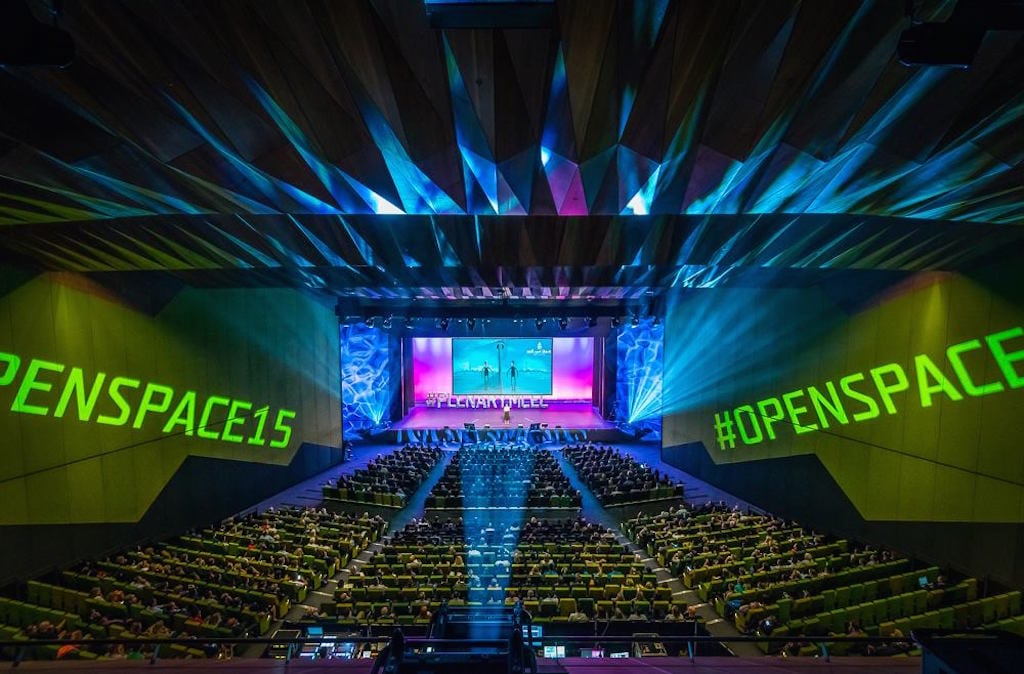Melbourne Convention Bureau CEO on Marketing a City's Intellectual Capital

Skift Take
Melbourne illustrates the business potential of sharing knowledge industry networks between city governments, convention bureaus, local businesses and residents to co-create next generation conferences.
The 6th annual Knowledge Week took place in Melbourne, Australia last month with over 50 events in 35 venues hosted by government, business and academic leaders.
For those who signed up for the "Speed Date a Leader" session, for example, they met one-on-one with people like the CEO of the City of Melbourne and the executive director of the Women’s Leadership Institute Australia. Other sessions included: “Urban Connectedness: Shaping the Modern City” hosted by the University of Melbourne, "The Future of Virtual Reality," and "Your Boring Life Gameified."
In the global meetings and conventions industry, Melbourne exemplifies the trend where cities are positioning themselves as knowledge incubators to drive competitive advantage in specific industry sectors. The reason for that is because the Melbourne Convention Bureau and the City of Melbourne have a surprisingly cohesive relationship with an aligned vision to develop and promote Australia’s second largest city officially as an “intellectual capital.”
On a foundational level, the intellectual theme is supported by the the fact that Melbourne is continually ranked as one of the world’s most livable cities, placing #1 this year in The Economist’s annual livability indices. The convention bureau uses that to emphasize the connectivity, ease of mobility, sustainability, economic vitality, and wealth of knowledge companies and academic facilities in the city.
But that only raises Melbourne into the pantheon of the Torontos, Stockholms and Sydneys of the world that can also deliver a top-tier urban user experience.
So in 2012, the Melbourne Convention Bureau launched the “Melbourne IQ: The Intelligent Choice for Conferences” campaign to help
